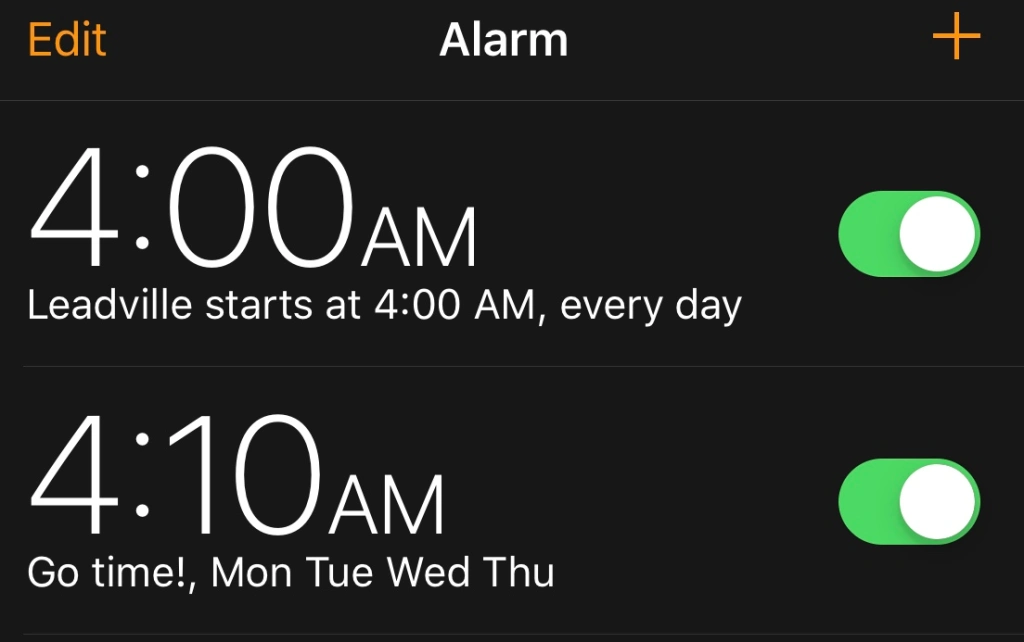I was once told that if you are making an ethically difficult decision you should ask yourself if you would be comfortable with that decision being printed on the front page of the New York Times. I call this the Times Cover Principle. While few of us are influential enough for the Times to use our likeness in the effort to boost circulation, the sentiment is a good guide for decisions both in and out of work.
The Times Cover Principle helps you gauge a few things.
- At the time this was shared with me, the NY Times had a very broad circulation.
- Readers of the periodical span all walks of life and many have large and influential networks.
- Journalists who write for the Times are historically not sensationalist but rather want to share a balanced story with the readers.
If your possible course of action doesn’t measure up well to this scrutiny, it is probably a path not worth taking.


